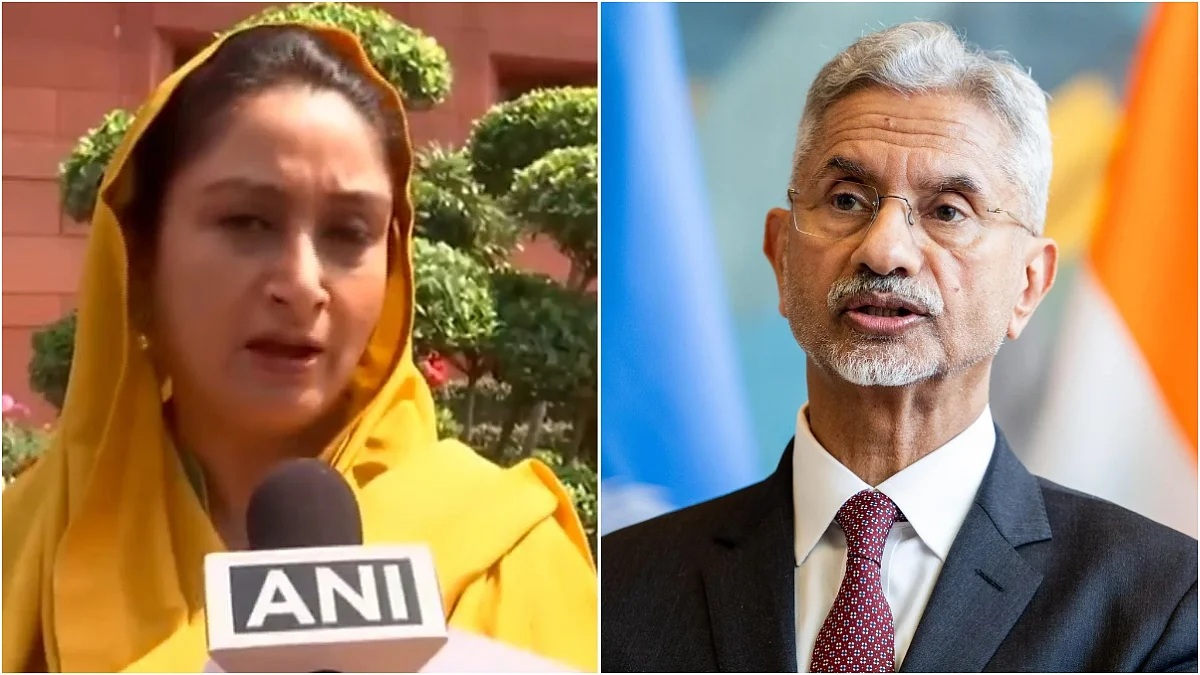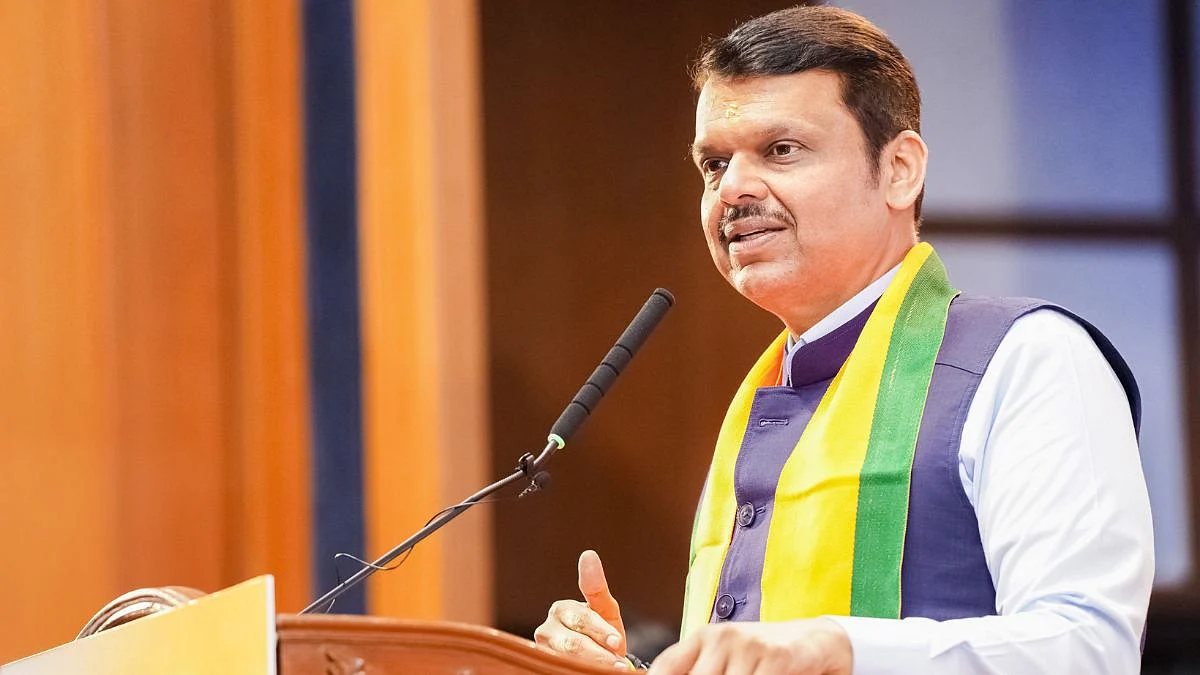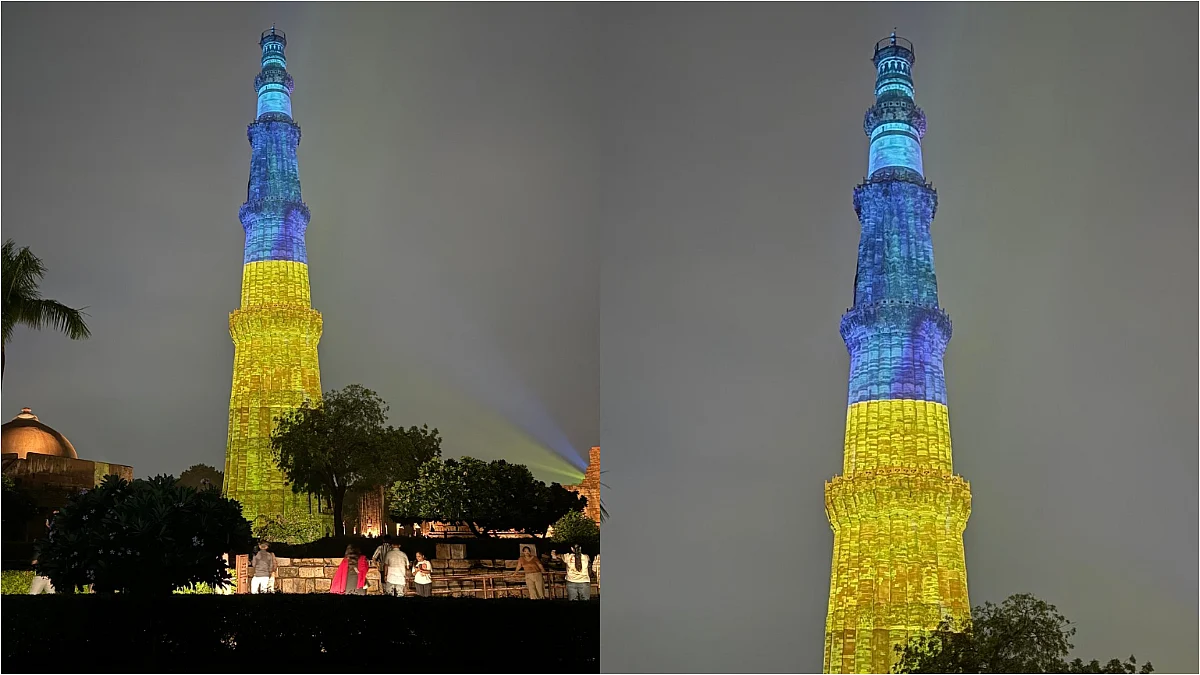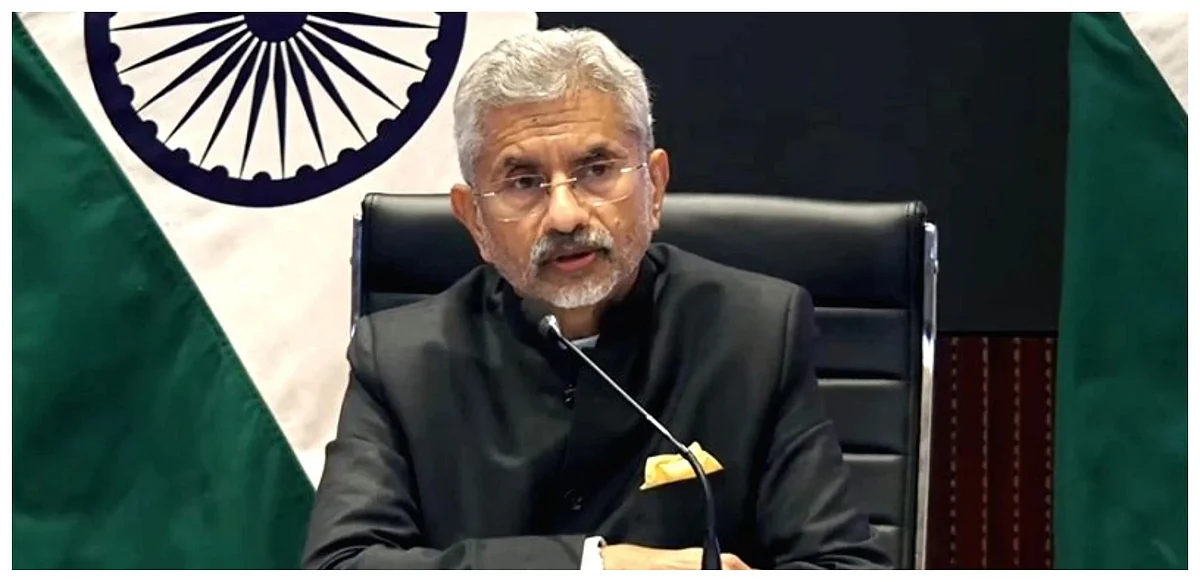The World Health Organisation on Tuesday warned of a "huge biological risk" after fighters in Sudan took control of a lab containing samples of diseases including polio and measles.
Fighters “kicked out all the technicians from the lab… which is completely under the control of one of the fighting parties as a military base,” said Nima Saeed Abid, the WHO’s representative in Sudan.
Abid said he had received a call from the head of the national laboratory in Khartoum on Monday, a day before a US-brokered 72-hour ceasefire between Sudan’s warring generals officially came into effect after 10 days of urban combat.

“There is a huge biological risk associated with the occupation of the central public health lab,” said Abid.
He pointed out that the lab held so-called isolates, or samples, of a range of deadly diseases, including measles, polio and cholera.
The director of the lab had also warned of the danger that “depleting stocks of blood bags risk spoiling due to lack of power,” Abid said.

“In addition to chemical hazards, bio-risk hazards are also very high due to lack of functioning generators,” he said.
Crisis worsening in Sudan
The fighting has plunged Sudan into chaos, pushing the already heavily aid-dependent African nation to the brink of collapse.
Since the clashes erupted on April 15, at least 20,000 Sudanese have fled into Chad and some 4,000 South Sudanese refugees who had been living in Sudan have returned to their home country, UNHCR spokeswoman Olga Sarrado said Tuesday.
278 Indians evacuated in first batch
The first batch of stranded Indians left Sudan under Operation Kaveri on Tuesday. Indian Navy's INS Sumedha with 278 people onboard departed Port Sudan for Jeddah, informed the Ministry of External Affairs spokesperson.
In a bid to bring back Indian citizens stranded in Sudan, the Indian government launched Operation Kaveri on Monday. The operation got underway as about 500 Indian citizens reached Port Sudan.
(With agency inputs)












